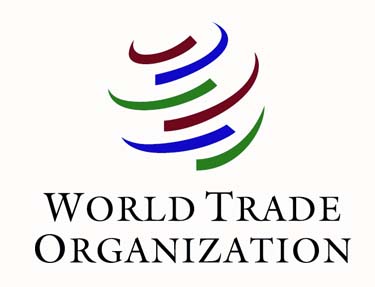MOVEMENTS OF GOODS...
Prior to World War II, goverment attempted to protect domestic industry by levying high taxes against the importation of goods from other countries. High taxes made many imported goods relatively expensive compared to domestically produced goods. Thus, domestic manufactures were protected against foreign competition. However, trade wars erupted due to more taxes on imports and the quantity of imported goods are extremely restricted.

A number of international organizations were formed in order to liberalize trade among nations. The first of these is GATT ( General Agreement on Tariffs and Trade ). GATT was established in 1947 by 24 countries. The major objectives of the GATT were the reduction in existing tariffs and other trade restriction, and settlement of trade disputers. Since the GATT's establishment, tariffs have been reduced. The result of these negotiations was a reduction in the world's tariff levels to about one-fourth of what they had been at the end of World War II.

In 1995, the GATT was succeeded by the WTO ( World Trade Organization ), which is now the only global-international organization that deals with the rules of trade between nations. The goal of the WTO is to help producers of goods and services, exporters, and importers conduct their business with a minimum red tape.

Another significant international organization that was established following World War II was the European Economic Community (EEC), created by the Treaty of Rome, signed in March 1957 by France, Germany, Italy, Belgium, Holland, and Luxembourg. In 1972, Great Britain, Ireland, and Denmark were added and by the mid 1980s, Greece, portugal, and Spain became EEC members. Today, the organization now called the European Union ( EU ), has 25 members. Its objectives are the elimination of all restrictions on the movement of goods and services, capital and people among its members.


No comments:
Post a Comment